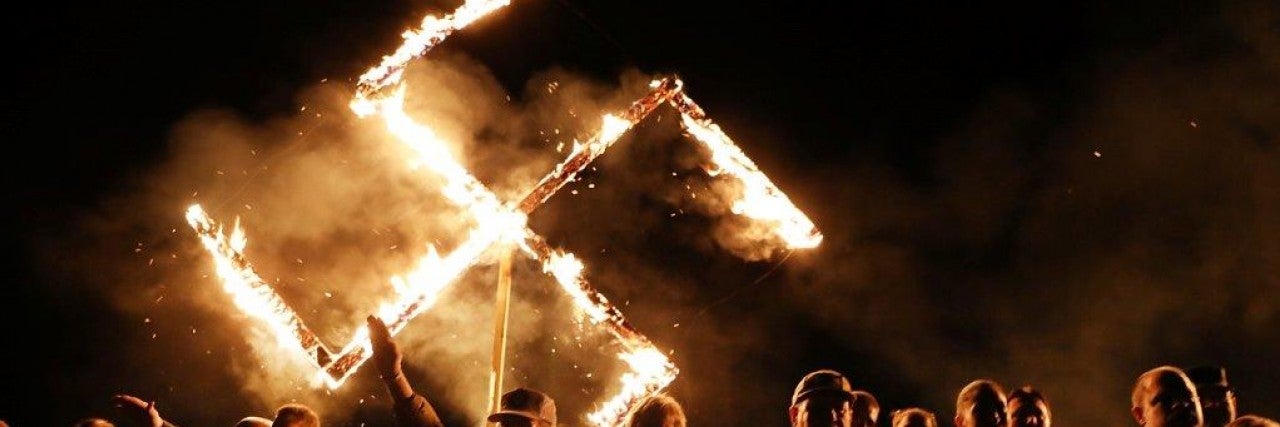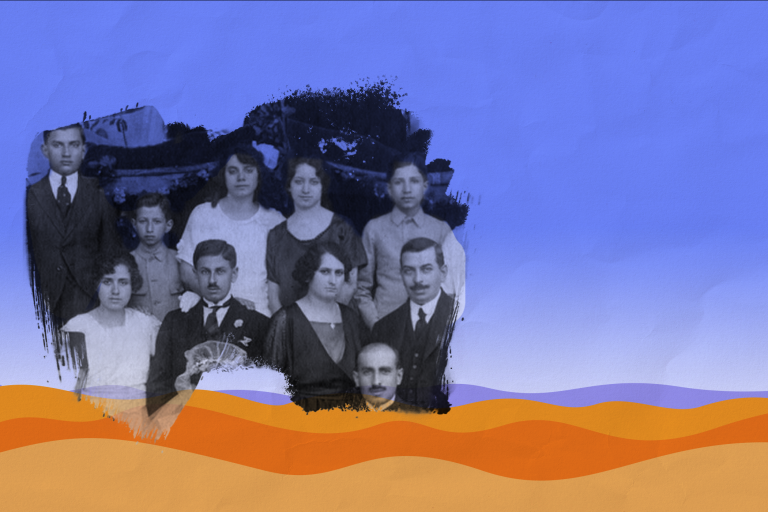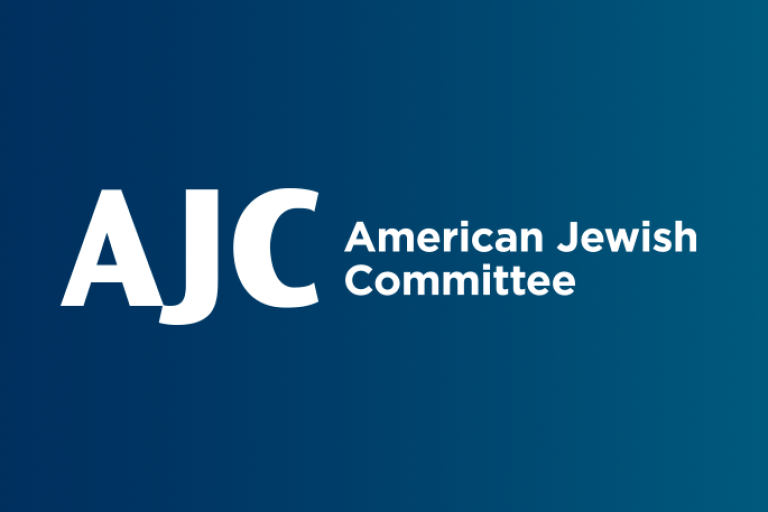May 31, 2019
Last November, shortly after the massacre at the Tree of Life synagogue in Pittsburgh, The New York Times published a cover story in its magazine about a threat that law enforcement had largely ignored for two decades – white nationalism.
The movement, a close cousin of white supremacy that focuses on preserving the political power of the white race, has long endangered anyone who isn’t white in the United States, especially those in the Jewish community. It is on the rise in other countries as well.
Reporter Janet Reitman interviewed experts who track and combat the rise of white supremacy in the U.S., including Brian Levin, Director of the Center for the Study of Hate and Extremism at California State University, San Bernardino.
Levin will join Reitman, along with a former homeland security official and a former white supremacist, at the Leonard Greenberg Forum for Domestic Policy Issues during AJC Global Forum 2019. The panel will discuss how best to confront the rise of white supremacy, as its propaganda and rhetoric emerge from the shadows and enter the mainstream.
“What we need to worry about is the guy who is riled up by this rhetoric and decides to go out and do something on his own,” Levin told Reitman last year. “We have people who are ticking time bombs.”
Joining Levin and Reitman will be Brette Steele, Director of Prevention and National Security at the McCain Institute for International Leadership. Prior to joining the McCain Institute, Steele worked for the U.S. Department of Homeland Security, advising the State of California on how to develop and implement programs to prevent violent extremism.
Steele has encouraged vigilant monitoring of online communities, as well as the online activity of children. This primarily refers to social media, but also includes gaming. For example, extremists often appeal to young people in the chat rooms of gaming platforms, not with their point of view, but rather with the promise of camaraderie and a sense of purpose. The ideology comes later.
Tony McAleer knows those tactics all too well. He used to be a recruiter for the White Aryan Resistance, a white supremacist group founded in the 1970s and ’80s. McAleer has since left that world and co-founded Life After Hate, a national nonprofit devoted to helping former neo-Nazis and other extremists shed their toxic ideology.
But McAleer adds that hate cannot be defeated with more hate. He believes in atonement, redemption, compassion, and forgiveness. McAleer and others suggest that defeating white supremacy is not so much about confrontation as it is about encounter, meaning that rather than shun or demonize those with hateful ideologies, those wishing to counter their hate should engage them in a genuine way. Most importantly, the last thing we should do is ignore them.


